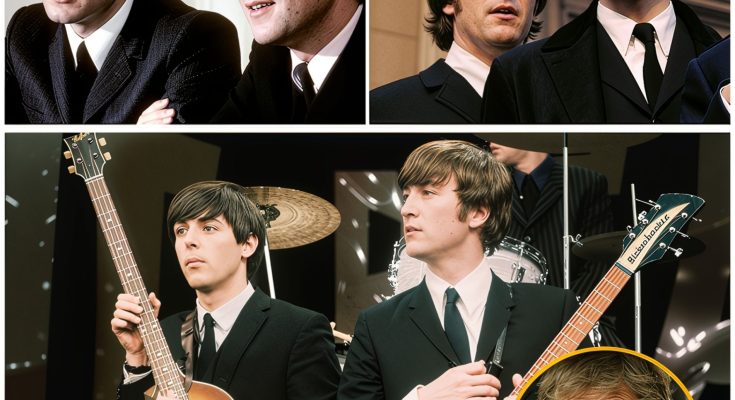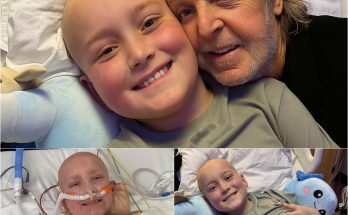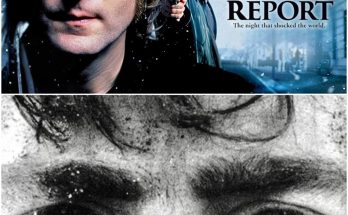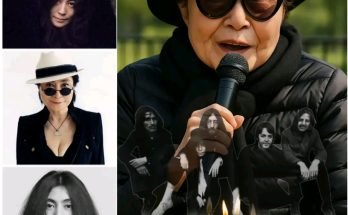In the final days of December 1980, the world was still reeling from the unimaginable: John Lennon had been shot and killed outside his New York home, the Dakota. For millions, the loss felt personal. For Paul McCartney, it was devastating in a way no words could capture. Just weeks after the tragedy, he quietly traveled to New York—alone, without fanfare, cameras, or security.
Wearing a low wool cap, Paul wandered the city streets, searching not for attention, but for a moment of connection. Eventually, he stood across from the Dakota, staring at the archway where his lifelong friend and musical partner had been taken. He didn’t ring the buzzer. He didn’t try to speak to Yoko. He simply stood there in silence for nearly half an hour, frozen in grief, eyes heavy with tears.
This wasn’t the mourning of a global superstar—it was the mourning of a brother. Paul later confided to friends, “I felt I had lost my brother.” Their last conversation, earlier that year, had been filled with laughter, family updates, and lighthearted jokes. Nothing remarkable. Yet now, the ordinariness of that call haunted him—the silence that followed seemed louder than any words.
Weeks later, while sitting in a small Soho café, a woman approached Paul and gently asked about John. He looked up, gave a faint nod, and turned away without speaking. Nothing, he felt, could ever be enough to express what had been lost.
His grief found its voice only in music. On his 1982 album Tug of War, Paul wrote Here Today—a hauntingly intimate song, written as if he were speaking directly to John. Lines like “I love you” and “I wish I had said that before you went away” captured the raw pain he could never show the world. It wasn’t written for the charts, but as a letter to the friend he could no longer call.
Those close to him noticed the shift. Producer George Martin said Paul seemed “shattered in a place no one could see.” Ringo Starr admitted, “something inside Paul had stopped singing.”
That day in New York, standing silently outside the Dakota, Paul McCartney said goodbye in the only way he knew how: without cameras, without words, without music. A private farewell, more powerful than any headline and louder than any song.



